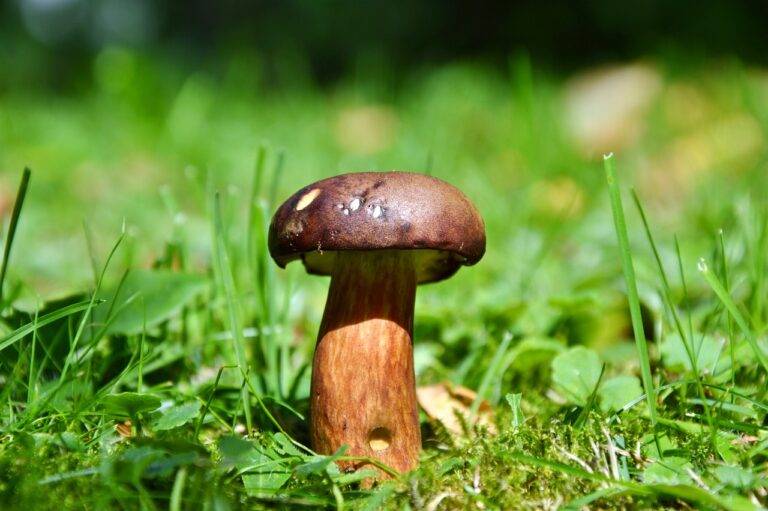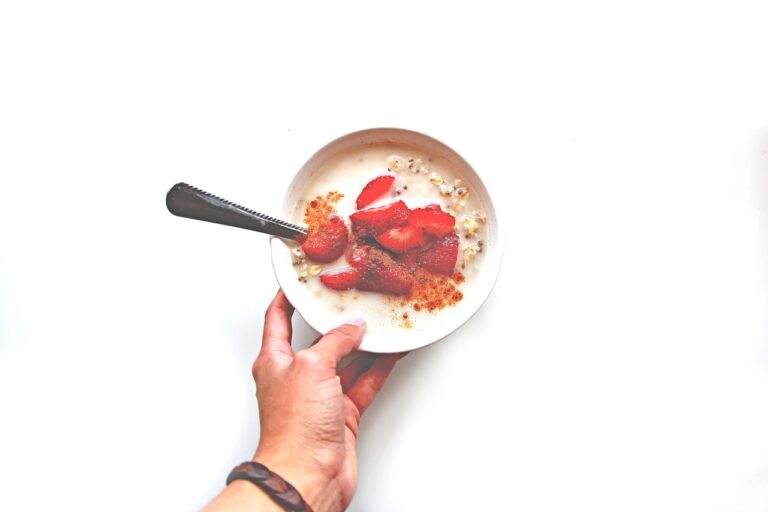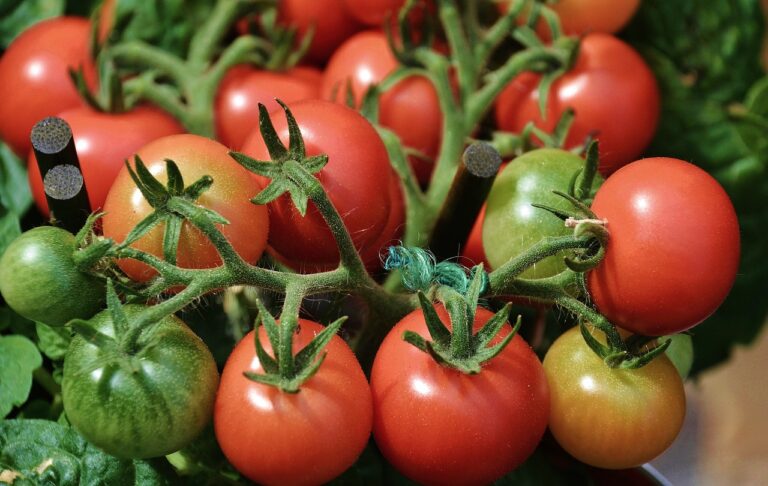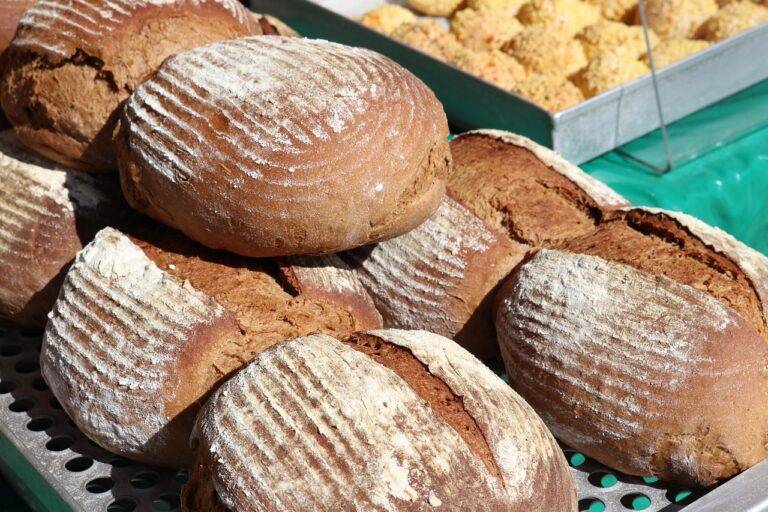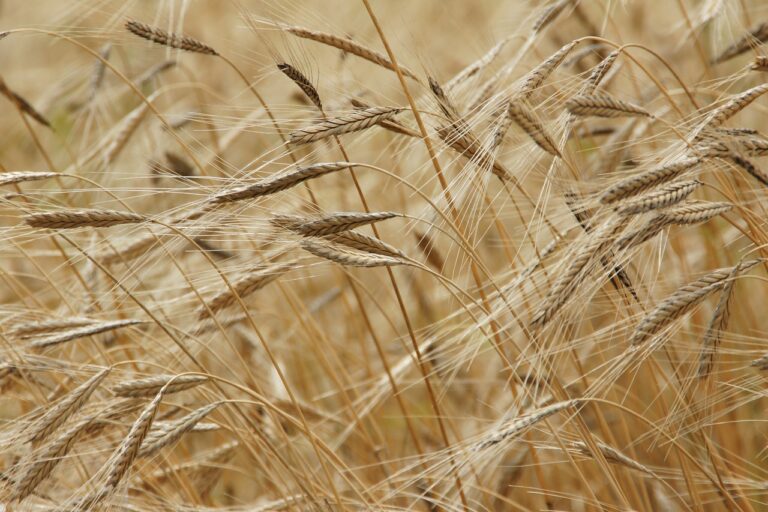Understanding the Link Between Diet and Gut Microbiota Diversity: All panal.com, Laser247 com, Yalo247
all panal.com, laser247 com, yalo247: Understanding the Link Between Diet and Gut Microbiota Diversity
Have you ever wondered why some people seem to have a stronger immune system or a better metabolism than others? The answer may lie in their gut microbiota diversity. Your gut microbiota, also known as gut flora or gut bacteria, plays a crucial role in your overall health. And one of the key factors that influence the diversity of your gut microbiota is your diet.
In this blog post, we will explore the link between diet and gut microbiota diversity. We will discuss how different dietary patterns can impact the composition of your gut microbiota, and ultimately, your health.
What is Gut Microbiota Diversity?
Before we dive into the relationship between diet and gut microbiota diversity, let’s first understand what gut microbiota diversity means. Your gut microbiota consists of trillions of microorganisms, including bacteria, viruses, fungi, and other microbes. These microorganisms play a vital role in digesting food, producing essential nutrients, and regulating your immune system.
Gut microbiota diversity refers to the variety of different microorganisms present in your gut. A diverse gut microbiota is associated with better overall health, while a less diverse gut microbiota is linked to various health issues, including obesity, inflammatory bowel disease, and autoimmune disorders.
How Diet Influences Gut Microbiota Diversity
Now that we know the importance of gut microbiota diversity, let’s explore how diet can impact the composition of your gut microbiota. Your diet can directly shape the diversity and abundance of microorganisms in your gut.
1. Macronutrient Intake
The type and amount of macronutrients (carbohydrates, proteins, and fats) you consume can influence the composition of your gut microbiota. For example, a diet high in fiber promotes the growth of beneficial bacteria in the gut, leading to increased diversity. On the other hand, a diet high in saturated fats and simple sugars can reduce gut microbiota diversity and promote the growth of harmful bacteria.
2. Plant-Based vs. Animal-Based Diet
Studies have shown that individuals who follow a plant-based diet tend to have a more diverse gut microbiota compared to those who consume a diet high in animal products. Plant-based diets rich in fruits, vegetables, whole grains, and legumes provide the fiber and nutrients that support a diverse gut microbiota.
3. Food Diversity
Eating a wide variety of foods can help promote gut microbiota diversity. Different foods contain different types of fibers, prebiotics, and polyphenols that nourish different strains of bacteria in the gut. By including a diverse range of foods in your diet, you can create a more diverse gut microbiota.
4. Probiotics and Fermented Foods
Consuming probiotic-rich foods like yogurt, kefir, and sauerkraut can introduce beneficial bacteria into your gut, promoting diversity. Fermented foods contain live microorganisms that can help restore balance to the gut microbiota and improve diversity.
5. Antibiotics and Medications
Antibiotics and certain medications can disrupt the balance of bacteria in the gut, leading to a decrease in diversity. It is important to use antibiotics judiciously and speak with your healthcare provider about strategies to support gut health during and after taking medication.
FAQs
Q: Can I improve gut microbiota diversity through supplements alone?
A: While certain probiotic supplements can support gut health, the best way to promote gut microbiota diversity is through a varied and nutritious diet. Supplements should be used in conjunction with a healthy diet for optimal results.
Q: How long does it take to see a change in gut microbiota diversity?
A: Changes in gut microbiota diversity can occur relatively quickly, within a matter of weeks, in response to dietary changes. Consistently following a healthy diet over time is key to maintaining a diverse gut microbiota.
Q: Are there specific foods that can enhance gut microbiota diversity?
A: Foods high in fiber, such as fruits, vegetables, whole grains, and legumes, are known to support gut microbiota diversity. Including a variety of plant-based foods in your diet is a great way to nourish a diverse gut microbiota.
In conclusion, your diet plays a crucial role in shaping the diversity of your gut microbiota. By consuming a varied and nutritious diet that promotes the growth of beneficial bacteria, you can support a diverse gut microbiota and improve your overall health. Remember to include plenty of fiber-rich foods, probiotics, and fermented foods in your diet to nourish your gut microbiota and promote diversity. Your gut will thank you!



